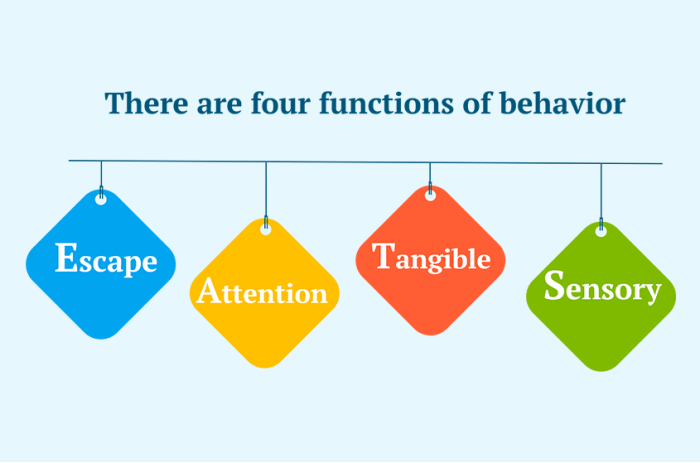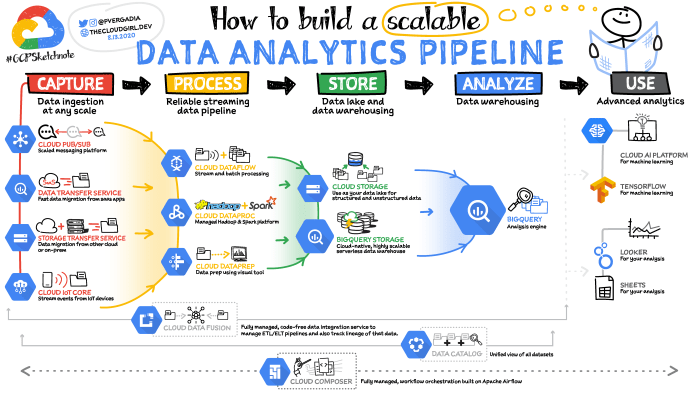Behavior analytic services focus on skill acquisition and behavior reduction, offering a comprehensive approach to improving individuals’ lives. Rooted in the principles of behavior analysis, these services aim to increase desirable behaviors and reduce problematic ones, empowering individuals to reach their full potential.
Behavior analytic services encompass a wide range of techniques and strategies, tailored to meet the specific needs of each individual. By understanding the principles of reinforcement and punishment, behavior analysts work collaboratively with clients and stakeholders to develop effective intervention plans that promote positive change.
Skill Acquisition

Behavior analysis services focus on identifying the principles that govern behavior and using them to teach new skills and reduce problematic behaviors. Skill acquisition is a key component of behavior analysis, and it is based on the principles of operant conditioning.
Methods and Procedures
Behavior analytic services use a variety of methods and procedures to teach new skills. These methods include:
- Antecedent-based interventions: These interventions change the environment to make it more likely that a desired behavior will occur.
- Behavior shaping: This involves breaking down a complex skill into smaller, more manageable steps.
- Positive reinforcement: This involves providing a reward or other positive consequence after a desired behavior occurs.
- Negative reinforcement: This involves removing an unpleasant stimulus after a desired behavior occurs.
Role of Reinforcement and Punishment
Reinforcement and punishment are two important tools that can be used to shape behavior. Reinforcement is anything that increases the likelihood that a behavior will occur again, while punishment is anything that decreases the likelihood that a behavior will occur again.
Behavior Reduction

Behavior reduction is another key component of behavior analysis. It is based on the principle that behaviors that are not reinforced are more likely to decrease in frequency. Behavior analytic services use a variety of techniques to reduce problematic behaviors, including:
Techniques
- Extinction: This involves withholding reinforcement for a behavior that is no longer desired.
- Time-out: This involves removing a person from a reinforcing environment for a period of time.
- Response cost: This involves taking away a positive reinforcer after a problem behavior occurs.
- Overcorrection: This involves having a person perform a behavior that is opposite to the problem behavior.
Ethical Considerations
It is important to use behavior reduction techniques in an ethical manner. This means that the techniques should be used only when necessary, and they should be used in a way that does not harm the person.
Assessment and Measurement

Assessment and measurement are essential components of behavior analysis services. Assessment involves gathering information about a person’s behavior, and measurement involves quantifying the behavior. Behavior analytic services use a variety of assessment and measurement tools, including:
Assessment Tools and Techniques
- Behavioral interviews: These interviews are used to gather information about a person’s behavior history.
- Observational assessments: These assessments involve observing a person’s behavior in natural settings.
- Functional analysis: This assessment involves identifying the environmental factors that trigger a problem behavior.
Importance of Data Collection and Analysis, Behavior analytic services focus on skill acquisition and behavior reduction
Data collection and analysis are essential for behavior analytic services. Data collection allows behavior analysts to track progress and make adjustments to interventions as needed. Data analysis allows behavior analysts to identify patterns in behavior and develop effective interventions.
Intervention Plan Development
Intervention plan development is a collaborative process that involves the behavior analyst, the client, and other stakeholders. The goal of intervention plan development is to create a plan that will help the client achieve their goals.
Process
The process of intervention plan development typically involves the following steps:
- Assessment: The behavior analyst will gather information about the client’s behavior and the environment in which the behavior occurs.
- Goal setting: The behavior analyst will work with the client to set goals for behavior change.
- Intervention selection: The behavior analyst will select interventions that are likely to be effective in helping the client achieve their goals.
- Implementation: The behavior analyst will work with the client to implement the interventions.
- Evaluation: The behavior analyst will evaluate the effectiveness of the interventions and make adjustments as needed.
Role of Collaboration
Collaboration is essential for successful intervention plan development. The behavior analyst should work with the client and other stakeholders to ensure that the plan is feasible and acceptable to all parties involved.
Implementation and Monitoring

Implementation and monitoring are essential for the success of behavior analytic services. Implementation involves putting the intervention plan into action, and monitoring involves tracking progress and making adjustments as needed.
Implementation Strategies
Behavior analytic services use a variety of implementation strategies, including:
- Direct instruction: The behavior analyst provides the client with explicit instructions on how to perform a new behavior.
- Modeling: The behavior analyst demonstrates the desired behavior for the client.
- Role-playing: The client practices the desired behavior in a simulated environment.
Monitoring Techniques
Behavior analytic services use a variety of monitoring techniques, including:
- Data collection: The behavior analyst collects data on the client’s behavior to track progress.
- Progress charts: The behavior analyst creates charts to track the client’s progress over time.
- Feedback: The behavior analyst provides feedback to the client on their progress.
Importance of Ongoing Evaluation
Ongoing evaluation is essential for the success of behavior analytic services. The behavior analyst should regularly evaluate the effectiveness of the interventions and make adjustments as needed.
Question Bank: Behavior Analytic Services Focus On Skill Acquisition And Behavior Reduction
What are the key principles of behavior analysis?
Behavior analysis focuses on the relationship between behavior and its environmental consequences, emphasizing the role of reinforcement and punishment in shaping behavior.
How do behavior analytic services help individuals acquire new skills?
Behavior analysts use positive reinforcement and other techniques to break down skills into smaller steps, providing feedback and support to encourage progress.
What are the ethical considerations in behavior reduction strategies?
Behavior analysts prioritize the well-being of individuals, ensuring that reduction strategies are implemented in a humane and respectful manner, minimizing the potential for harm.